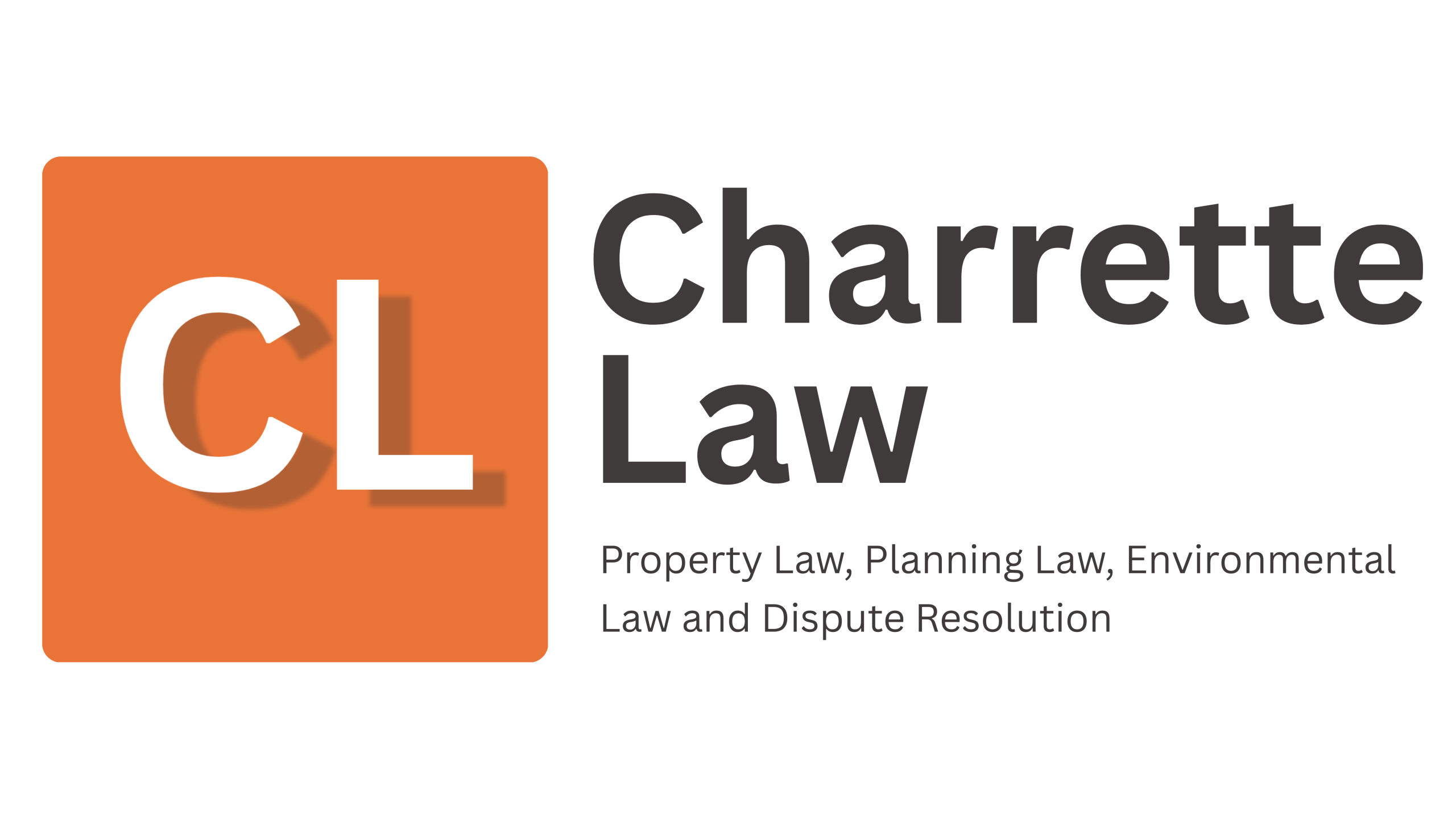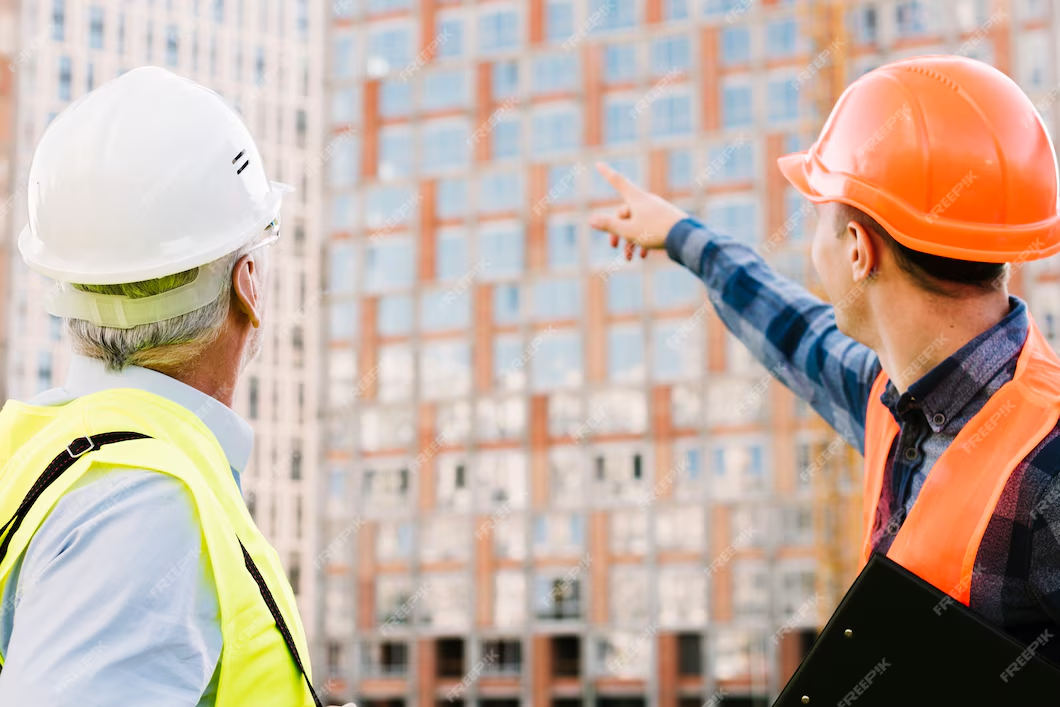Embarking on a property construction project can be an exciting endeavor, but it’s crucial to navigate the legal landscape carefully. Avoiding legal pitfalls can save time, money, and stress. Here’s how to steer clear of common legal issues in property construction:
Understanding Zoning Laws
Zoning laws dictate how land can be used in certain areas. Failing to comply can result in costly delays or even legal action.
Research Local Zoning Regulations: Determine what structures are permissible in your area.
Consult Zoning Experts: Working with a lawyer or consultant specialising in zoning can provide clarity and direction.
Securing Proper Permits
Building permits ensure that the project complies with local building codes. Lacking necessary permits can halt progress and incur fines.
Identify Required Permits: Know what you need based on your project scope.
Engage with Local Authorities: Establish a relationship with your local permitting office to streamline approvals.
Navigating Contractual Agreements
Clear, well-drafted contracts between all parties (contractors, suppliers, etc.) are vital.
Use Comprehensive Contracts: Include specific terms regarding deliverables, timelines, and payment structures.
Seek Legal Review: Have contracts reviewed by a lawyer to identify potential conflicts and ensure enforceability.
Adhering to Building Codes
Building codes regulate the construction standards for safety and quality. Violations can lead to legal challenges and require costly corrections.
Stay Informed About Codes: Familiarise yourself with national and local building codes relevant to your project.
Conduct Regular Inspections: Ongoing inspections during construction help ensure compliance and identify issues early.
Environmental Regulations
Construction projects must consider environmental impacts and comply with associated legislation.
Evaluate Environmental Impact: Consider regulations related to land use, waste management, and resource conservation.
Implement Sustainable Practices: Adopting eco-friendly building practices often aligns with current regulations and can enhance community approval.
Dispute Resolution
Conflicts can arise during construction, so having a plan for resolution is essential.
Include Dispute Resolution Clauses: Ensure contracts have clauses outlining how disputes will be managed.
Consider Mediation or Arbitration: These methods can provide more efficient and less adversarial resolutions than court proceedings.
Avoiding legal pitfalls in property construction requires thorough preparation and ongoing vigilance. By understanding regulations, securing proper documentation, and maintaining clear communication and agreements, you increase the likelihood of a successful, legally compliant build. Always engage with legal professionals to guide you through the complexities of construction law.
Your Next Step
Contact us today for an in-depth consultation! Our team of experts is dedicated to demystifying the planning process and guiding you through each step, ensuring your extension project is both successful and stress-free.

